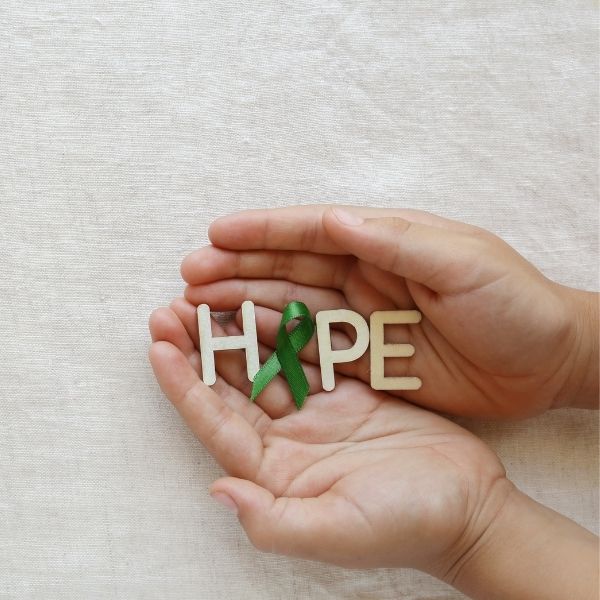WHY IT'S SO IMPORTANT
Mental health includes our emotional, psychological, and social well-being. It affects how we think, feel, and act. It also helps determine how we handle stress, relate to others, and make choices. Therefore, mental health is important at every stage of life, from childhood and adolescence through adulthood
RESOURCES
Become familiar with early warning signs.
If you or a loved one is eating or sleeping too much or too little, pulling away from people or usual activities, has no energy or feels like nothing matters, don't let it go. Make sure they get help, even if YOU are the person they are pushing away.
Know where to seek help.
Call your insurance provider - even the general helpline can get you started in finding the right person. Call the employee assistance program - it's free 24/7! Reach out to someone you trust. Connecting with others in general helps your overall mental health
Take time for you.
Self-care doesn't always have to mean a bubble bath and a facemask - it can be anything that brings you peace and relaxation. Maybe its a puzzle, a long walk, journaling, yoga, listening to a podcast. Find what gives you joy. Maybe its something you didn't expect!
Be kind to yourself.
It may sound cheesy, but as humans we're our own harshest critics. We have a bias towards negativity and tend to assume the worst. Try to reframe things in a positive light and don't beat yourself up.
DAILY ACTIONS:
Day 1 – Have a task that's causing you stress? Take some time to think about how to break it down. Can you jump an entire staircase? No! You take it one step at a time.
Day 2 – Get outside! Mental health dips in the winter (and during a pandemic) due to a lack of Vitamin D. Aim for 15 minutes of sunshine!
Day 3 – Get a good nights rest! Put away your electronics and make sure your room is comfortable. Studies show the optimal temp for sleep is 60-67 degrees.
Day 4 – Get creative! Try a new recipe, do some coloring (it's not just for kids!) or try that Pinterest project you saved. Creativity is linked to well-being
Day 5 - Move. It doesn't have to be a full workout, but dancing around the house, a leisurely walk, any physical activity will increase endorphins and reduce cortisol (the stress hormone).
Day 6 – As Elsa says, "Let it go!" Write about it, talk to a friend or therapist, but don't hold in what is bothering you.
Day 7 – Knock, knock. Who's there? *Insert funny punch line* Laughter helps reduce anxiety, and even just smiling can help lower your heart rate and calm you down.

